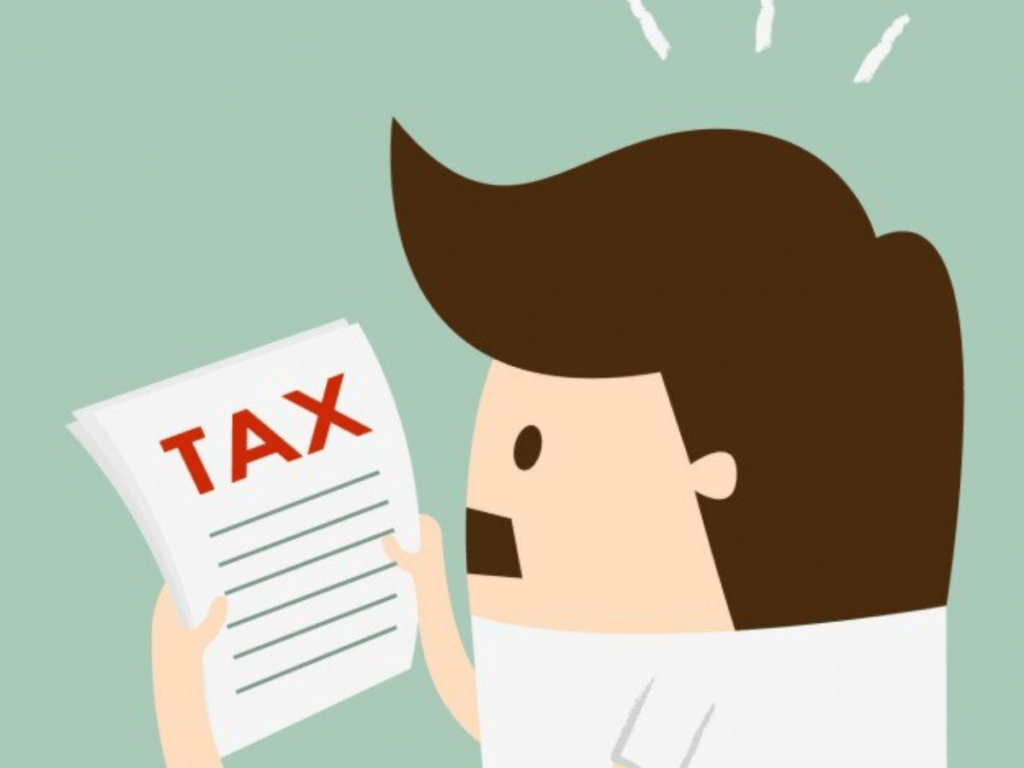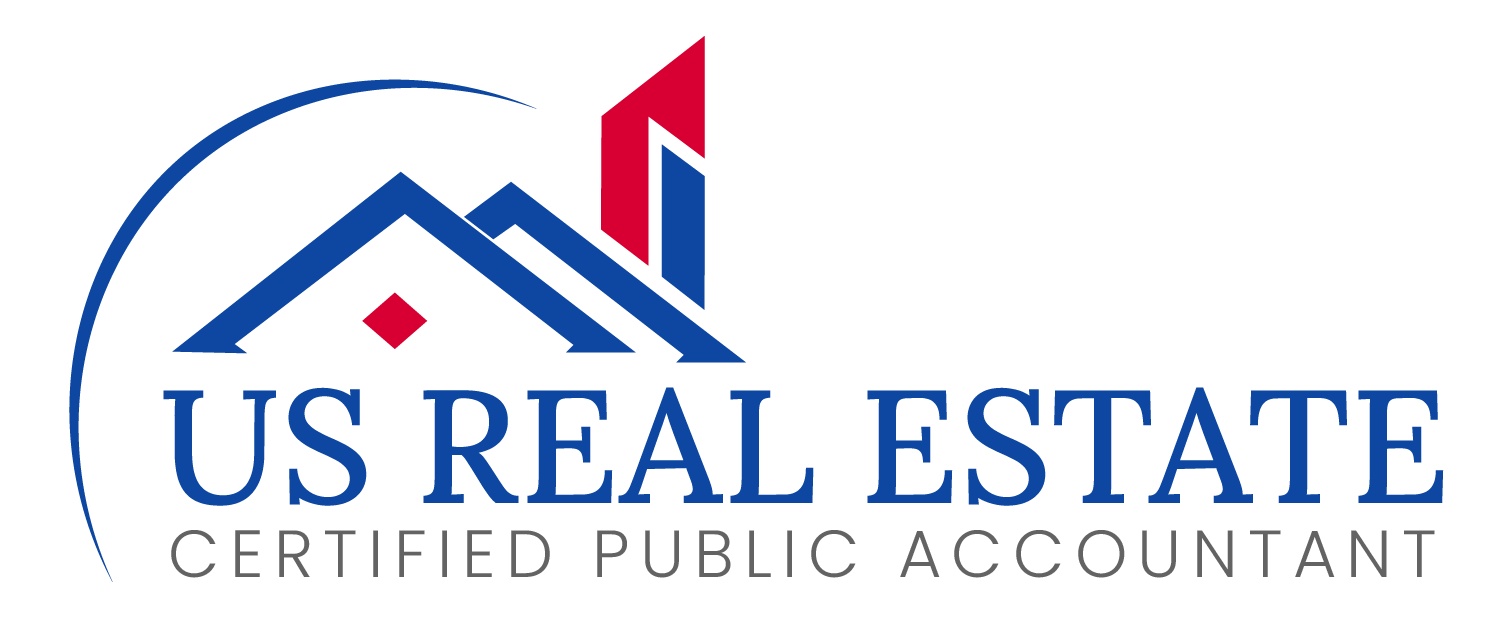
How to Handle a Notice of Deficiency for Your Rental Business
Getting a Notice of Deficiency, also called a 90-day letter, from the IRS can be stressful when it’s about your rental business. This notice means the IRS thinks there’s an issue with your tax return, often related to income that wasn’t fully reported or deductions that may not be allowed. It believes this has caused you to underpay your taxes.
Knowing what this notice means and understanding your options can help you handle the situation smoothly. Here’s a detailed guide on what to do next.
What is a Notice of Deficiency?
A Notice of Deficiency, or a 90-day letter, is an official letter from the IRS telling you that they believe you owe additional taxes on your rental income. The “90-day” part means you have 90 days to respond. During this time, you can either pay the amount, dispute it, or ask the IRS to take another look.
Getting this notice doesn’t mean the IRS is correct. It’s simply a proposed change to what they think you owe. However, ignoring it can lead to serious issues like extra fees, interest, or even a tax lien on your property.
Why the IRS Issues a Notice of Deficiency
For rental property owners, a Notice of Deficiency happens because of a few common issues:
- Sometimes income from short-term rentals or other sources related to the property isn’t fully reported.
- The IRS might reject certain deductions like depreciation or maintenance costs if they think they were calculated incorrectly or put in the wrong category.
- Complex tax strategies, such as cost segregation or accelerated depreciation, can also draw attention if they aren’t clearly documented.
Understand the Details of the Notice
The Notice of Deficiency will explain what parts of your tax return the IRS disagrees with, including
- Changes to the income you reported,
- Deductions or credits the IRS did not allow, and
- Suggested changes to your taxes.
Review those details closely to understand why the IRS thinks you owe more. Pay attention to the date on the notice—the 90-day period to respond starts from that date, not the day you received it.

Gather Your Documentation
Your main defence is having good documentation. Gather and organize:
- Bank statements, rental income records, and any documents from rental platforms like Airbnb, if applicable.
- Receipts or invoices for repairs, maintenance, and property upgrades.
- Detailed records for cost segregation that meet IRS requirements, showing how you classified your property assets.
- Notes or advice from a tax advisor if you used complex deductions, especially if they involved hybrid structures or cost segregation.
Having all this documentation ready will make your case stronger if you decide to challenge the IRS’s claims.
Determine Your Response Options
You have three main options to address the Notice of Deficiency:
Agree and Pay
If, after review, you agree with the IRS findings, you can accept the adjustments, pay the amount due, or negotiate a payment plan. This option avoids the time and expense of further disputes.
Request a Reconsideration
If you have additional documentation, you can request a reconsideration or audit reconsideration without going to Tax Court. This can be helpful if you forgot to submit certain documents the first time or if you think the IRS misunderstood your tax return.
File a Petition in Tax Court
If you disagree with the IRS findings and want a formal hearing, you can file a petition in U.S. Tax Court. This requires submitting a petition within the 90-day period, along with a filing fee. Tax Court proceedings can be time-consuming but offer a platform to present your case with legal representation.
Seek Professional Advice
The IRS tax code is complicated, and responding to a Notice of Deficiency can be tricky, especially with rental properties and specific deductions. Real estate tax experts can help by:
- Reviewing the IRS’s claims to find any mistakes,
- Providing the right documentation to back up your case, and
- Representing you in negotiations with the IRS or, if needed, in Tax Court.
For complex strategies like cost segregation or hybrid structures, a professional can help minimize risks and make sure you stay in compliance with IRS rules.
Maintain IRS-Compliant Records Going Forward
The IRS pays close attention to taxpayers with a history of Notices of Deficiency. Protect your business by:
- Keep your income and expense records updated regularly, and save all receipts. Digital tools can make this easier.
- It’s also helpful to review your tax filings once or twice a year if you use complex tax strategies.
- Since the IRS often changes its rules on rental income, deductions, and asset classification, stay informed or work with an experienced CPA to adjust your tax approach as needed.
Conclusion: Don’t Ignore a Notice of Deficiency
Getting a Notice of Deficiency can be stressful, but it’s important to address it quickly. Carefully review the notice, gather your documents, and seek expert advice to protect your interests. With a clear understanding and a plan, you can avoid penalties and keep your rental business on track.



